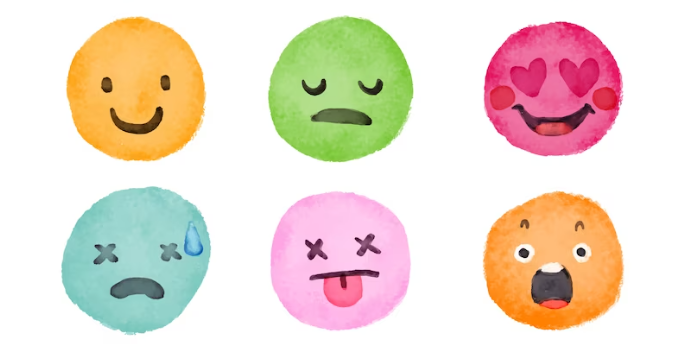In our daily lives, we often hear about being smart or clever. But there is another type of intelligence that is just as important: Emotional Intelligence, or EQ. This article is all about why Emotional Intelligence matters and how it helps us handle our feelings and relationships better.
What Is Emotional Intelligence?
Emotional Intelligence is all about understanding and managing our emotions and how we relate to others. It’s like having a set of skills that help us deal with feelings in a smart way. It’s not just about being happy or sad but knowing why we feel the way we do and what to do about it.

How Emotional Intelligence Helps in Everyday Life
Doing Well at Work
When we understand our emotions and those of our coworkers, we can work better as a team, solve problems together, and even become good leaders.
Building Better Relationships
Emotional Intelligence helps us connect with others on a deeper level. By listening, understanding, and supporting each other, we build stronger and happier relationships.
Growing Personally
When we practice Emotional Intelligence, we become better at handling life’s ups and downs. We learn to bounce back from setbacks, stay positive, and live more fulfilling lives.

How to Improve Emotional Intelligence?
Have you ever wished you could understand your feelings better or handle tough situations with more ease? That is where Emotional Intelligence (EI) comes in. EI is not just a trait we’re born with; it is a skill that can be developed and strengthened over time. It is all about learning to manage your emotions and understand others’ feelings too. In this guide, we will explore simple ways to boost your Emotional Intelligence step by step.
Understanding Emotional Intelligence
Emotional Intelligence is like having a toolkit for dealing with feelings – both yours and other people’s. It is made up of different skills, like knowing how you feel, calming yourself down when things get tough, understanding others’ feelings, and getting along well with people.

Can You Learn EQ?
Absolutely! While some people might naturally be good at understanding emotions, everyone can get better at it with practice. It’s like learning a new skill – the more you do it, the better you become.
Tips for Building EQ
Know Yourself
Start by paying attention to how you feel in different situations. Keep track of your emotions in a journal and try to figure out what makes you feel certain ways.
Manage Your Emotions
When you are feeling upset or stressed, try deep breathing or taking a short break to calm down. Finding ways to handle your emotions helps you stay in control.
Understand Others
Put yourself in someone else’s shoes and try to see things from their perspective. Listen carefully when others talk about their feelings, and try to show that you understand.
Learn from Mistakes
Nobody’s perfect, and it’s okay to make mistakes. When things don’t go well, think about what you could do differently next time and try to learn from the experience.
Simple Exercises to Boost EQ
Name Your Feelings
Throughout the day, try to put words to your emotions. Say things like, “I feel happy because…” or “I’m feeling frustrated because…”
Take Mini Breaks
When you are feeling overwhelmed, take a few minutes to breathe deeply and relax. Close your eyes and focus on your breath to calm your mind.
Practice Listening
When someone talks to you about their feelings, listen without interrupting. Show that you understand by nodding or saying things like, “I see” or “That must be tough.”
Say Thank You
Each day, think of three things you are grateful for and write them down. It could be something simple like a sunny day or a kind gesture from a friend.

Improving your Emotional Intelligence is something anyone can do with a little effort. By practicing these simple tips and exercises, you will become better at understanding and managing your feelings, which can lead to happier relationships and a more fulfilling life. So, why not give it a try? You might be surprised at how much it can help!
What do you think is more important, IQ or EQ? Tell us in the comments.
You may also like: The Brainy Paradox: Is Being Lazy a Sign of High Intelligence?



